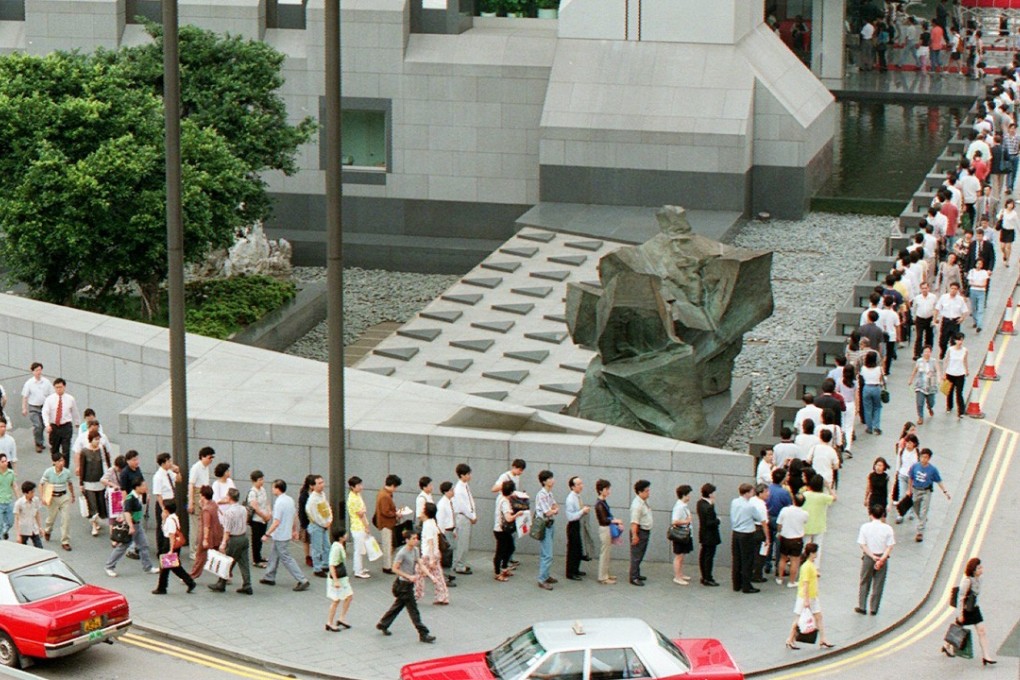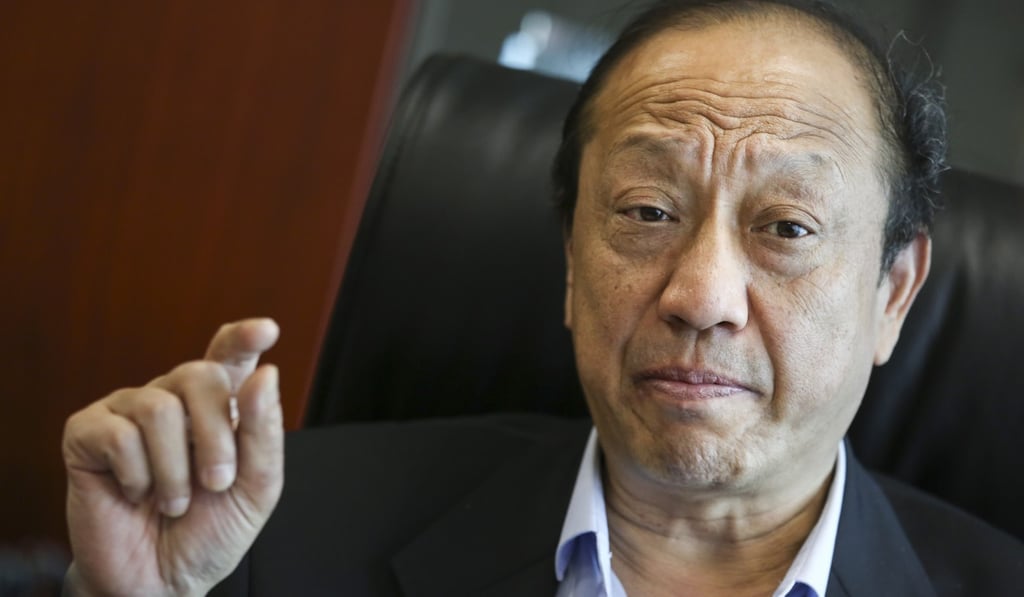Beijing Enterprises’ makeover traces China’s evolution in capitalism over 20 years
The former “window company” of Beijing government has streamlined its business with diversified interests to become a specialised play

Beijing Enterprises made history 20 years ago when it debuted on Hong Kong’s stock exchange 1,300 oversubscribed, as the most sought-after initial public offering in the city’s history.
The IPO, which drew huge crowds of people scrambling for application forms underscored the average Hong Kong investor’s sentiments and the fever pitch frenzy for a large, well-connected mainland government-backed company.
Raising HK$2.5 billion, it was the biggest amount at the time from any listing of the so-called “red chips”, or overseas-registered mainland enterprises. It also made the only listed conglomerate of the Beijing government in Hong Kong the talk of the town, with just one month before the city’s sovereignty was returned to the mainland.
“Back then, the Beijing municipal government picked eight of its quality assets and put them into the newly set up Beijing Enterprises, and floated it,” chief executive Zhou Si told the South China Morning Post in an interview.

“The assets were well-liked by investors and the company’s listing was hugely successful.”
